
What is BREATHER FIT?
BREATHER FIT is designed for Pro Athletes, Olympians, Cross Fitters, Military Special Forces, and First Responders.
Backed by 40 years of medical science, it helps improve HRV, stress levels, sleep, cardio performance, and stamina.

Breathing Performance Outcomes
A systematic review and meta-analysis of the effects of Respiratory Muscle Training on exercise performance of healthy individuals across multiple disciplines – cycling, swimming, running…
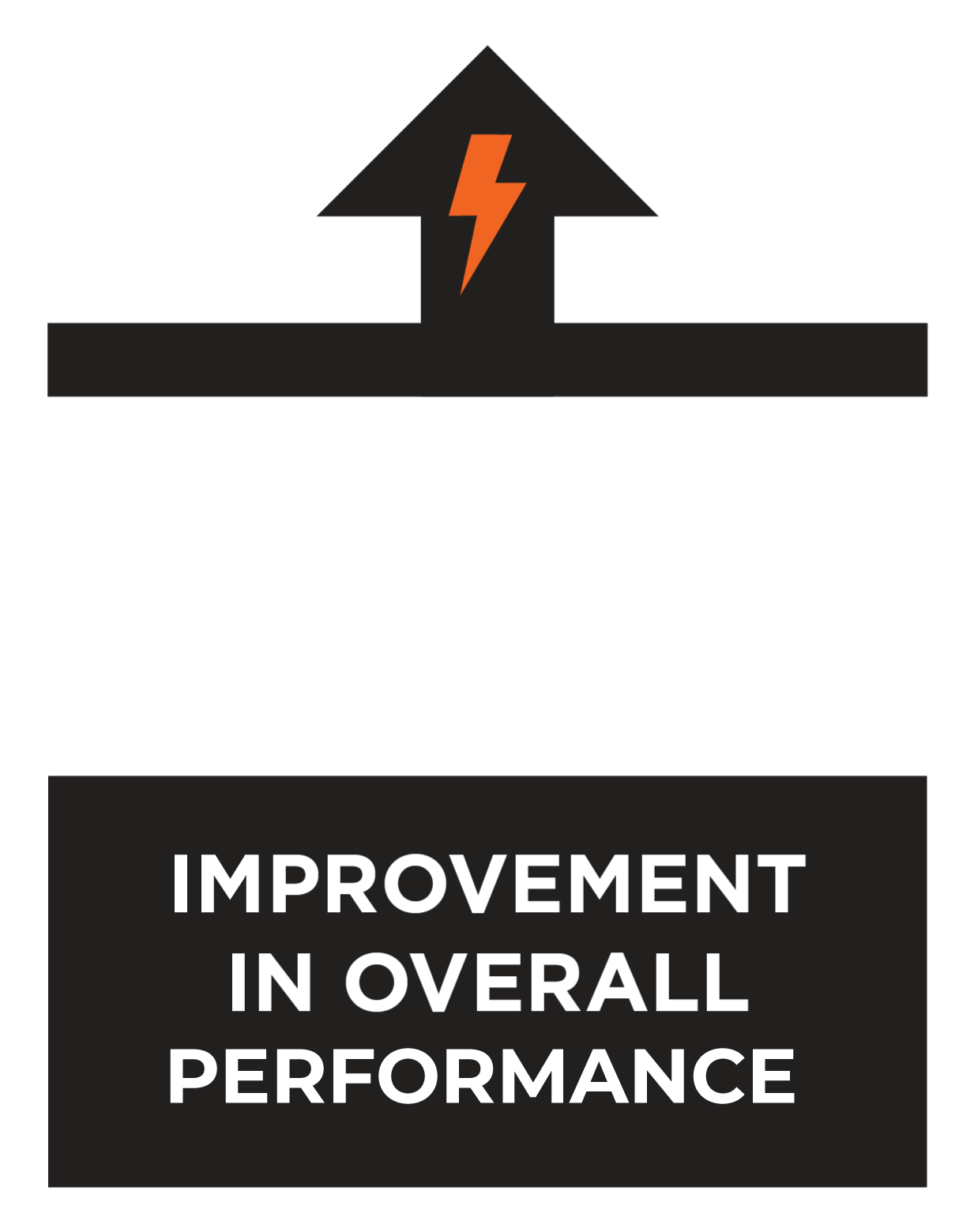
An overall improvement in athletic performance independent of trial type.
Tests measuring how long it takes an athlete to fatigue, subjects demonstrated a 21% improvement.
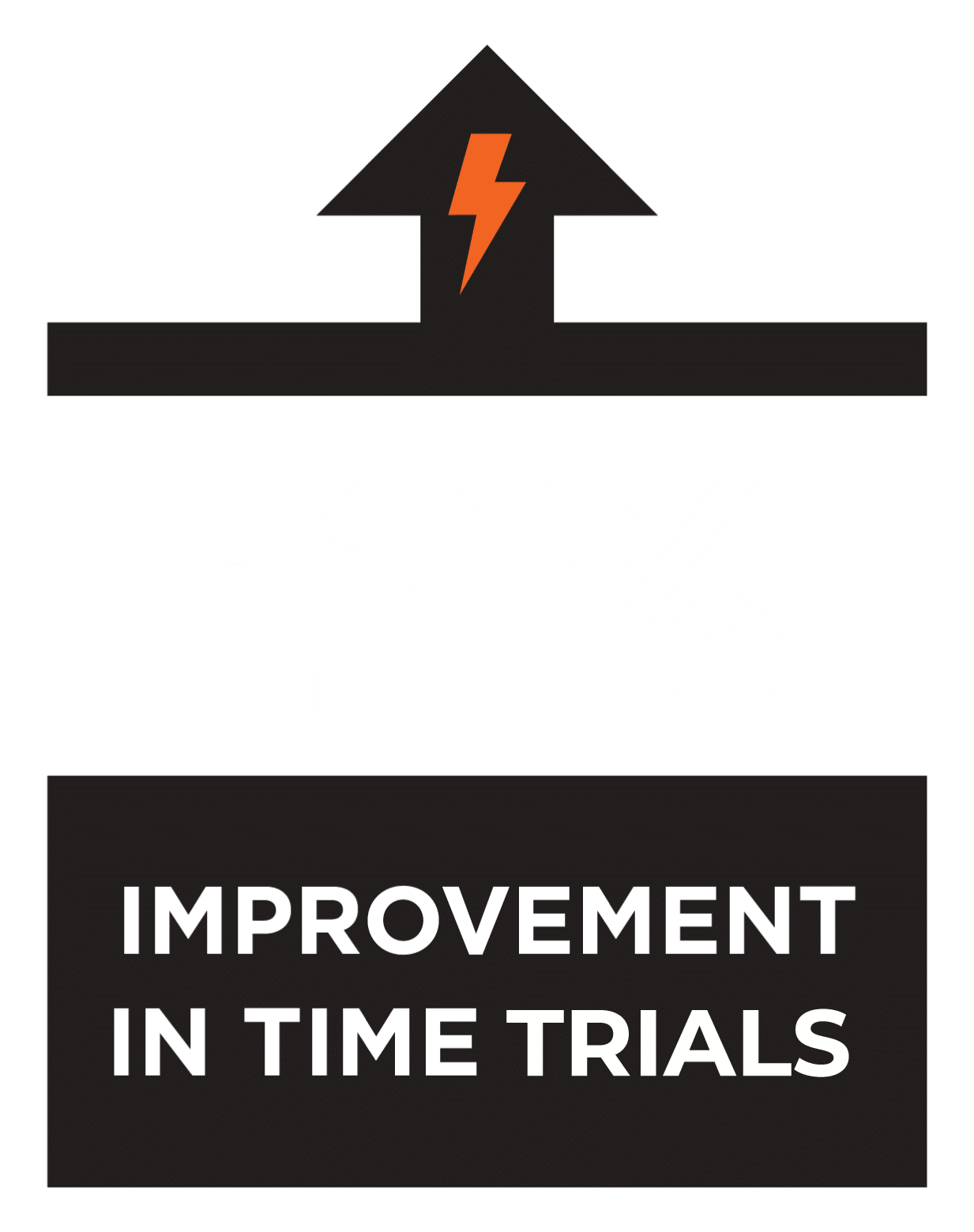
Across all athletes in the tests, time trial results improved on average by 2%.
Swimming Outcomes
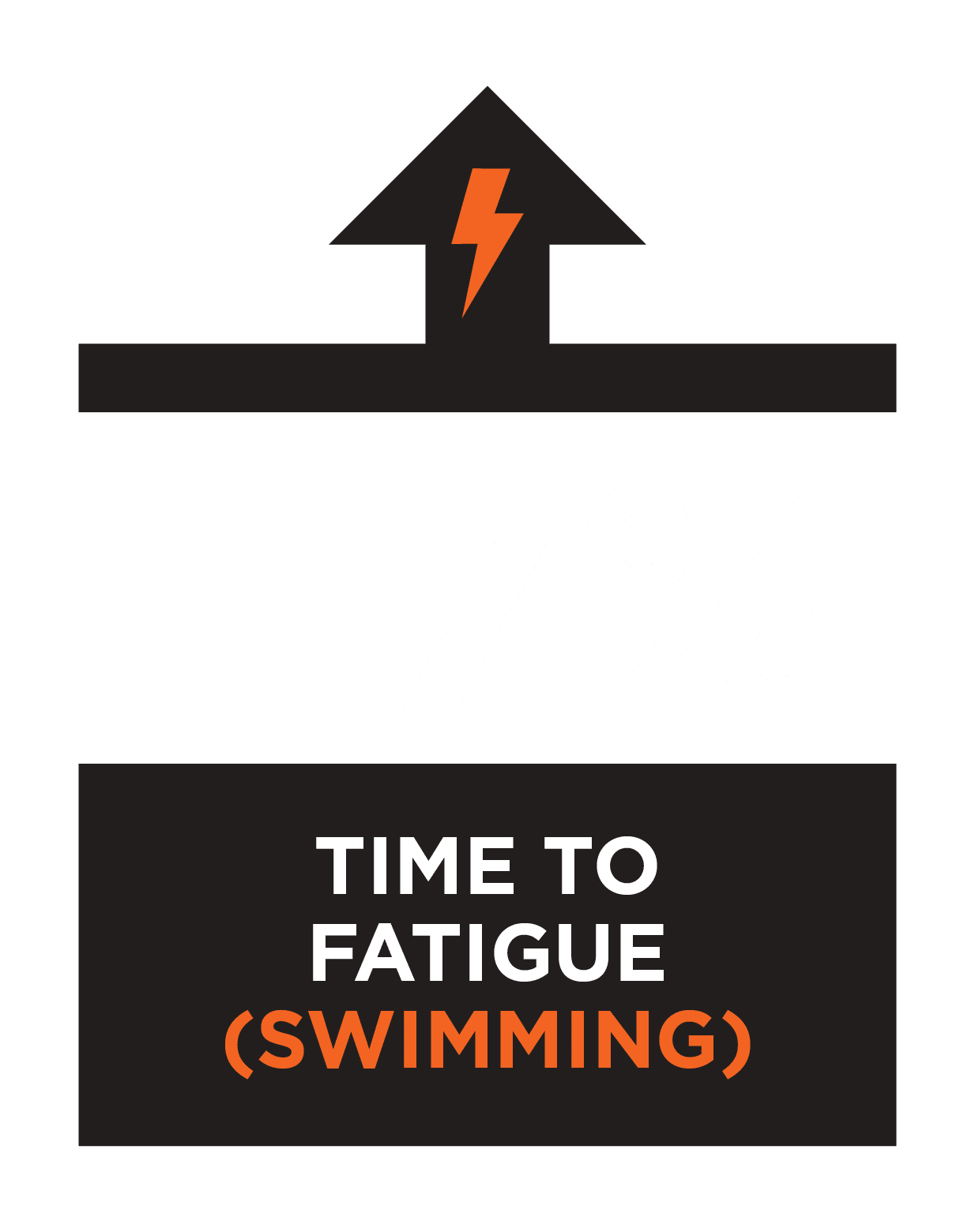

Perform at a higher level for longer.
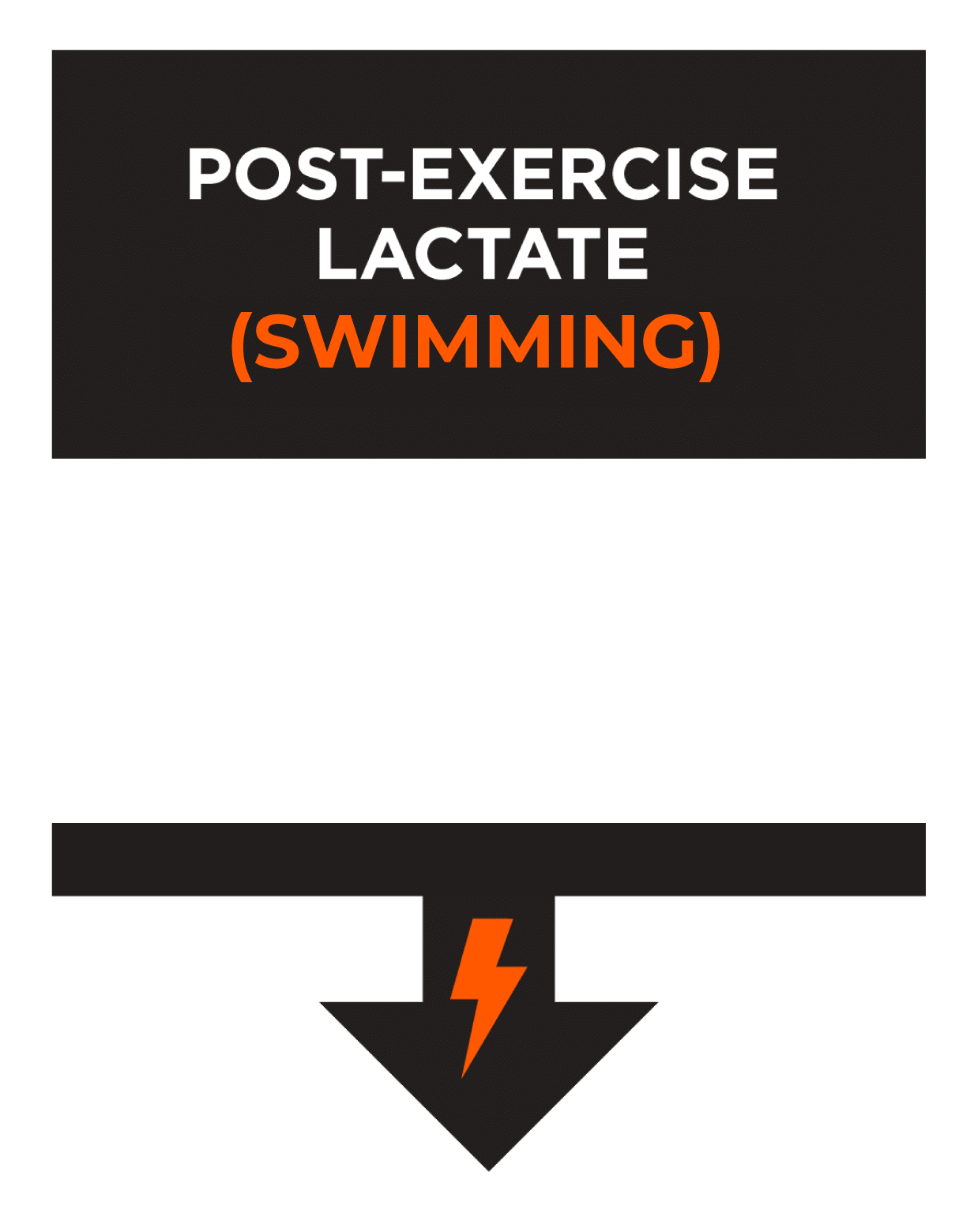

Recover more efficiently from exertion.
Running Outcomes
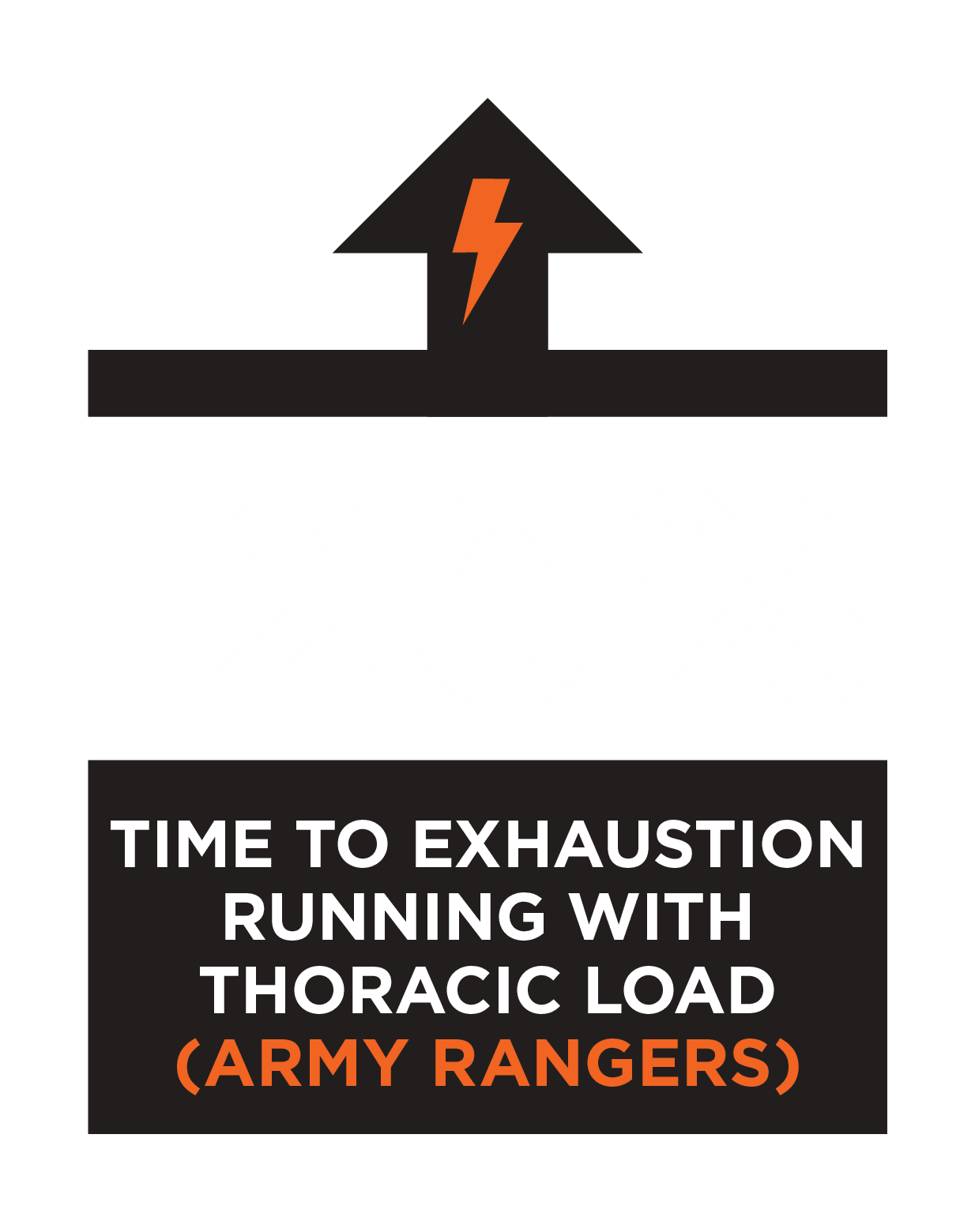
Extended time to fatigue.

Measurably improve your performance results.
Heart Outcomes
Four weeks of cRMT significantly improves average heart rate variability (HRV).
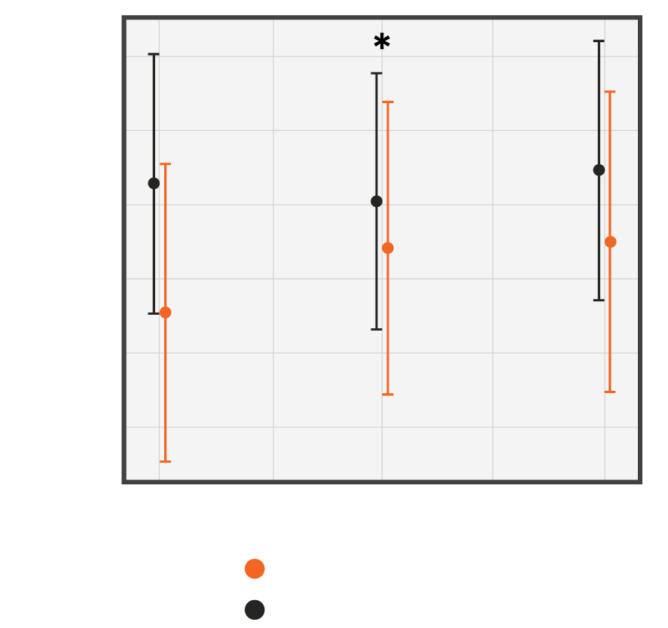
Stress Outcomes
Three weeks of cRMT improved stress levels in frontline healthcare providers during the Covid-19 pandemic.
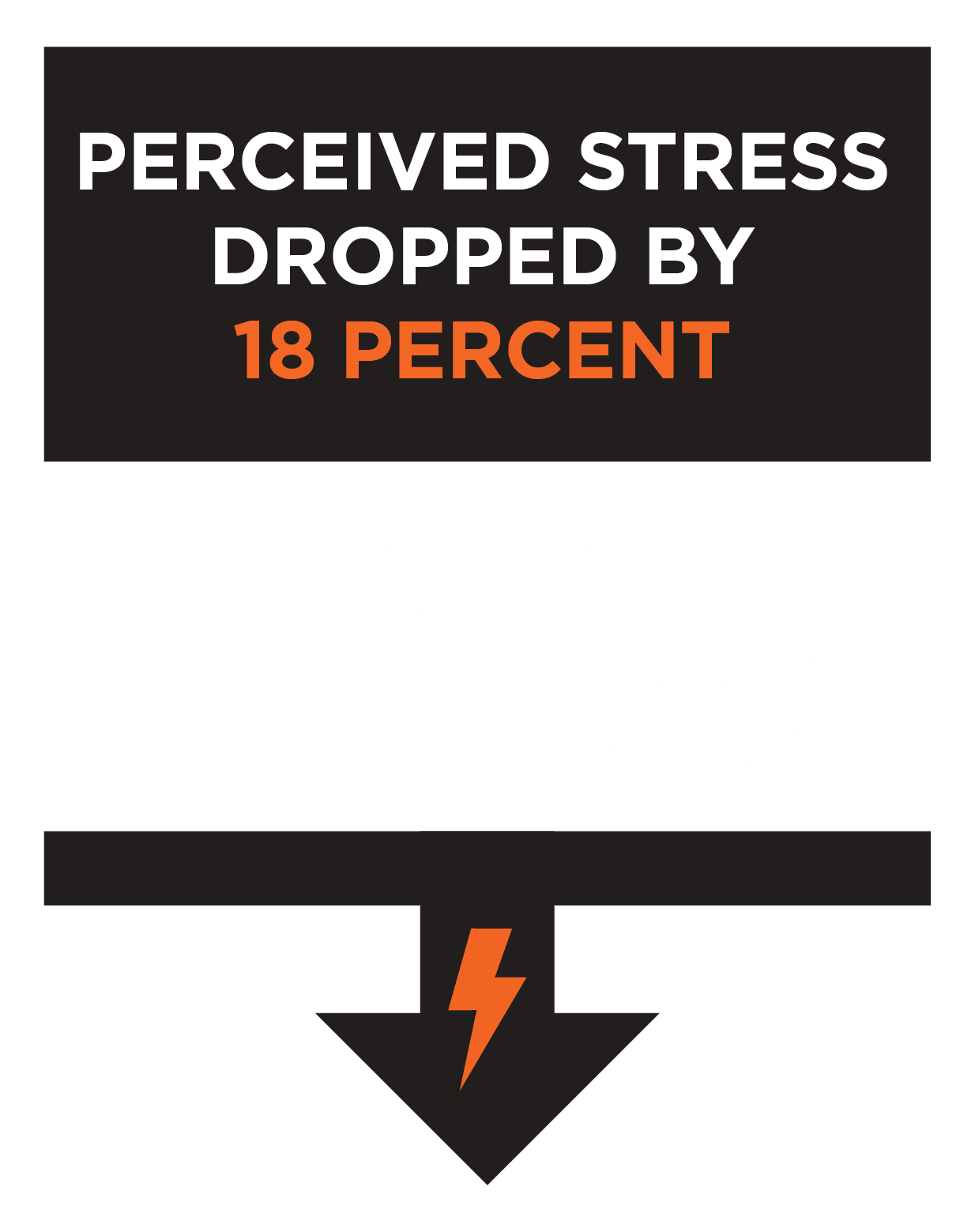
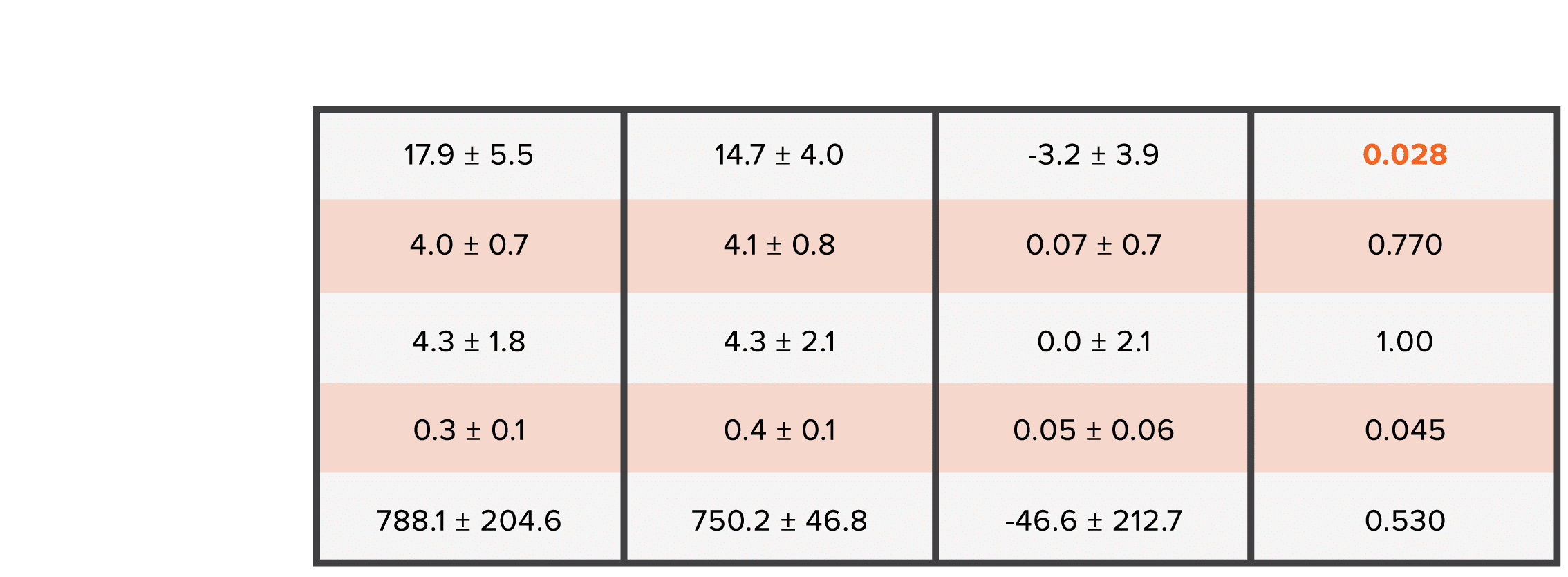
PSS: Perceived Stress Scale
BRS: Brief Resilience Scale
PSQI: Sleep Quality Index
IMPACT OF cRMT ON POSTURE CONTROL DURING HIGH G-FORCE EXPOSURE IN FIGHTER PILOTS
Respiratory muscle contributions to postural stability and maintenance of intrathoracic pressure are particularly important during exposure to high G forces.
MEASURED OUTCOMES
- Assessment of performance under high G during flight maneuvers
- G-LOC incidence
- Breathing pattern and vitals during flight
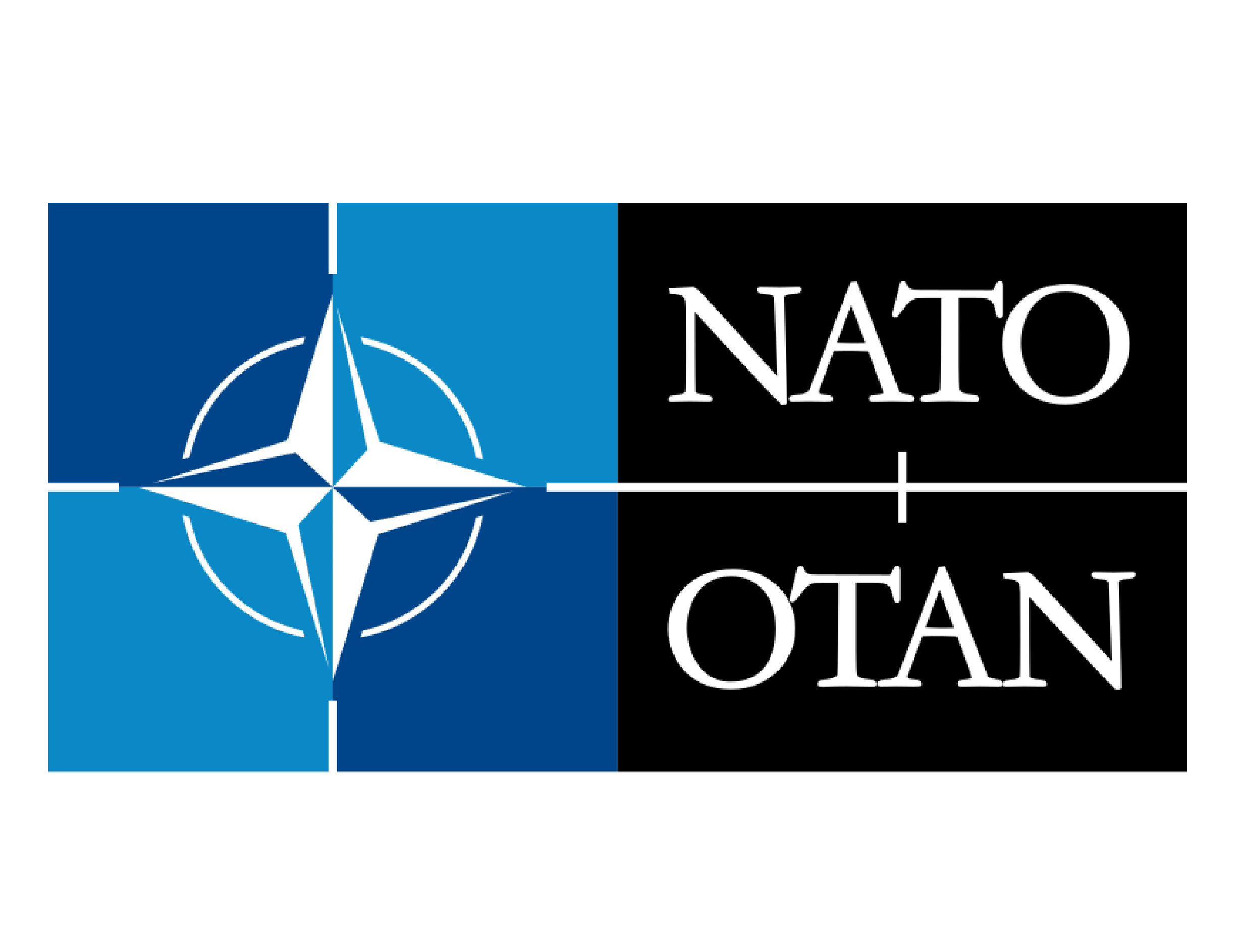

IMPACT OF cRMT ON THE EFFECTS OF MICROGRAVITY
This clinical study will investigate the effect of Combined Respiratory Muscle Training (cRMT) in resilience in ESA astronauts.
MEASURED OUTCOMES
Assessment of resilience to microgravity
on a functional level and muscle atrophy.

Sources For Above Findings
17% increase in time to fatigue:
https://www.ncbi.nlm.nih.gov/pubmed/25503711
29% Decrease in Post-Exercise:
https://www.ncbi.nlm.nih.gov/pubmed/17672173
20% increase time to exhaustion:
http://physreports.physiology.org/content/6/3/e13558
39 sec decrease 2 mile run:
https://www.biorxiv.org/content/10.1101/774620v1
Mayo 3% Decrease in stress: Not published
HRV: Not published